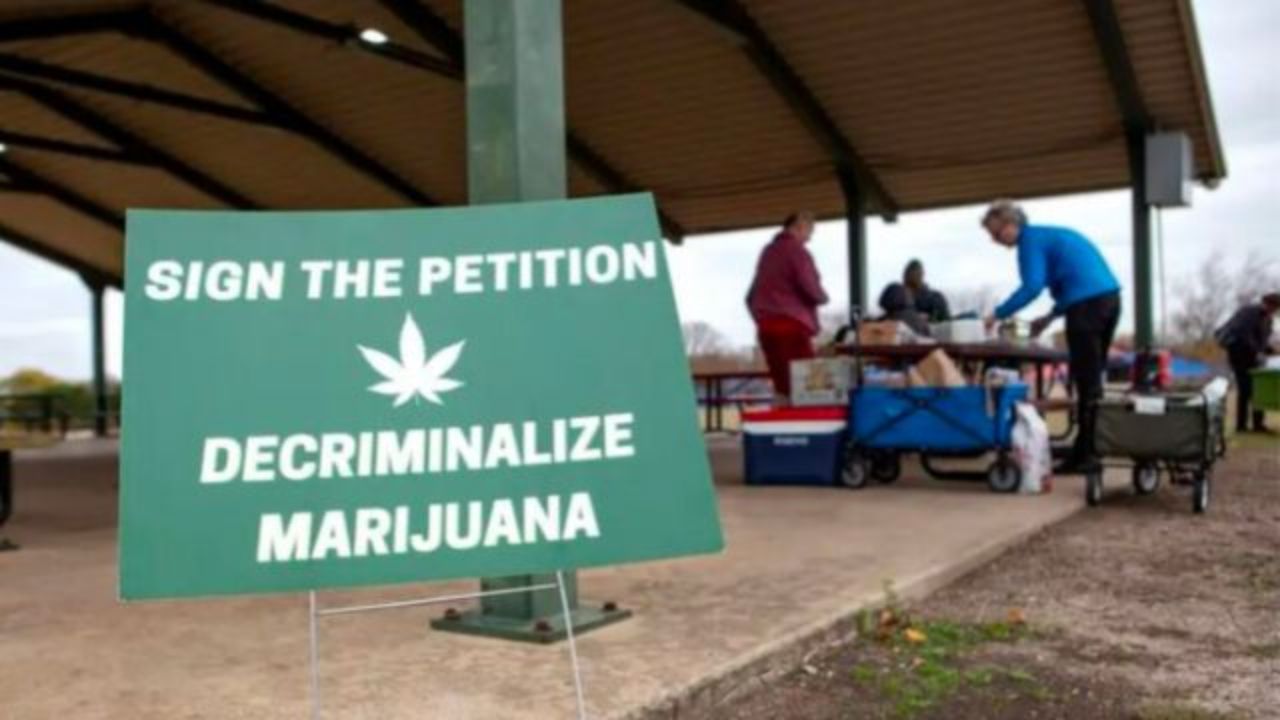Marijuana, also known as cannabis, is a plant that contains psychoactive compounds that can alter the mood, perception, and cognition of the user. Marijuana has been used for various purposes, such as medicine, recreation, religion, and culture, for thousands of years. However, in many countries, including the United States, marijuana is classified as an illegal substance that can lead to criminal penalties for possession, cultivation, distribution, and consumption.
In the United States, marijuana is regulated by the federal government under the Controlled Substances Act, which places it in Schedule I, the most restrictive category of drugs that have no accepted medical use and a high potential for abuse.
However, some states have enacted laws that allow the use of marijuana for medical or recreational purposes, creating a conflict between state and federal laws. As of 2021, 18 states and the District of Columbia have legalized recreational marijuana, and 36 states and four territories have legalized medical marijuana.
One of the states that has legalized both medical and recreational marijuana is California, the most populous state in the country and home to the largest city in the United States, Los Angeles. California was the first state to legalize medical marijuana in 1996, and the fifth state to legalize recreational marijuana in 2016.
However, despite the legal status of marijuana in California, there are still many challenges and barriers that prevent the full implementation and access of marijuana for all Californians. Some of these challenges include high taxes, limited supply, strict regulations, federal interference, social stigma, and criminal justice disparities.
Petitions for Decriminalization
In response to these challenges, some residents of Los Angeles, the largest city in California, are working to decriminalize marijuana by petition. Decriminalization is a policy that removes criminal penalties for minor offenses involving marijuana, such as possession of small amounts or personal use, and replaces them with civil fines, warnings, or treatment programs. Decriminalization does not necessarily mean legalization, which is a policy that allows the production, distribution, and sale of marijuana under regulated conditions.
One of the petitions that is seeking to decriminalize marijuana in Los Angeles is the Cannabis Justice Initiative, which was launched in 2020 by a group of activists, lawyers, and community leaders. The initiative aims to reduce the harms of marijuana prohibition, especially for communities of color, low-income people, and youth, who have been disproportionately affected by the war on drugs. The initiative proposes to amend the Los Angeles Municipal Code to:
- Eliminate all fines and fees for marijuana offenses
- Expunge all past and pending marijuana convictions and arrests
- Establish a Cannabis Equity Program to provide grants, loans, and licenses to people who have been harmed by marijuana prohibition
Create a Cannabis Community Board to oversee the implementation and evaluation of the initiative
Another petition that is seeking to decriminalize marijuana in Los Angeles is the Decriminalize Nature LA, which was launched in 2019 by a group of advocates, educators, and healers. The petition aims to decriminalize not only marijuana, but also other natural plants and fungi that have psychedelic properties, such as psilocybin mushrooms, ayahuasca, iboga, and peyote.
The petition argues that these natural substances have therapeutic, spiritual, and cultural benefits, and that people have the right to access them without fear of criminalization. The petition proposes to amend the Los Angeles Municipal Code to:
- Declare that the investigation, arrest, and prosecution of adults for the cultivation, possession, or use of natural psychedelics are the lowest law enforcement priority
- Prohibit the city from using any resources to assist in the enforcement of laws imposing criminal penalties for the cultivation, possession, or use of natural psychedelics
- Establish a Psychedelic Advisory Board to assess the impact and effectiveness of the initiative
Conclusion
Marijuana is a controversial and complex issue that has been debated for decades in the United States and around the world. While some states, such as California, have legalized marijuana for medical and recreational purposes, there are still many challenges and barriers that prevent the full implementation and access of marijuana for all people.
Some residents of Los Angeles, the largest city in California, are working to decriminalize marijuana by petition, in order to reduce the harms of prohibition, promote social justice, and respect personal choice. These petitions reflect the growing movement and demand for marijuana reform in the United States and beyond.
